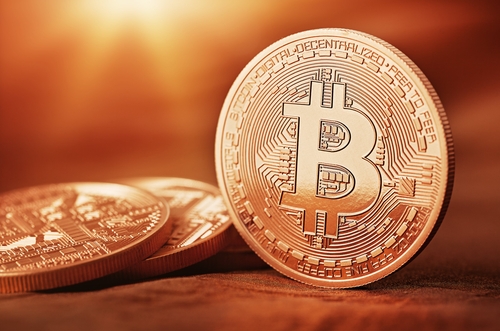Online payments processor PayPal has moved a step closer towards accepting Bitcoin by announcing it has teamed up with three major cryptocurrency providers.
The eBay-owned company will partner with BitPay, Coinbase and GoCoin to allow payments via several forms of digital currency, including Litecoin and Dogecoin.
The agreement means that PayPal will not be processing the payments, with the three companies doing so instead. Users will also not be able to store Bitcoins in their PayPal online wallets.
The service has gone live today and will initially be available to sellers of digital goods such as music and online gaming in North America, with further rollouts planned based on the success of the initial launch.
PayPal did not say which merchants would be using the integration immediately, but did confirm that it would receive a fee from the Bitcoin processors for every referral, though he did not disclose the amount per transaction.
 Embracing innovation
Embracing innovation
“We’re proceeding gradually, supporting Bitcoin in some ways today and holding off on other ways until we see how things develop,” Scott Ellison, senior director of corporate strategy, wrote in a blog post on the Paypal website.
“Paypal has always embraced innovation, but always in ways that make payments safer and more reliable for our customers. Our approach to Bitcoin is no different.”
PayPal’s subsidiary company Braintree Payments announced last month that it was working to integrate Bitcoin into its digital payments system, a move seen by many as the first indication that the cryptocurrency would be heading to both PayPal and eBay soon.
Bitcoin has garnered huge interest around the world since its launch several years ago, leading to both positive and negative headlines as investors try to profit off the currency. Earlier this month, the Bank of England cautioned that Bitcoin could pose a threat to financial stability in the UK, should it see widespread adoption, due mainly to Bitcoin’s inherent volatility, restrictions on the number of coins in circulation, and the prospect of higher transaction costs.
What do you know about Bitcoin? Take our quiz!

 Embracing innovation
Embracing innovation



